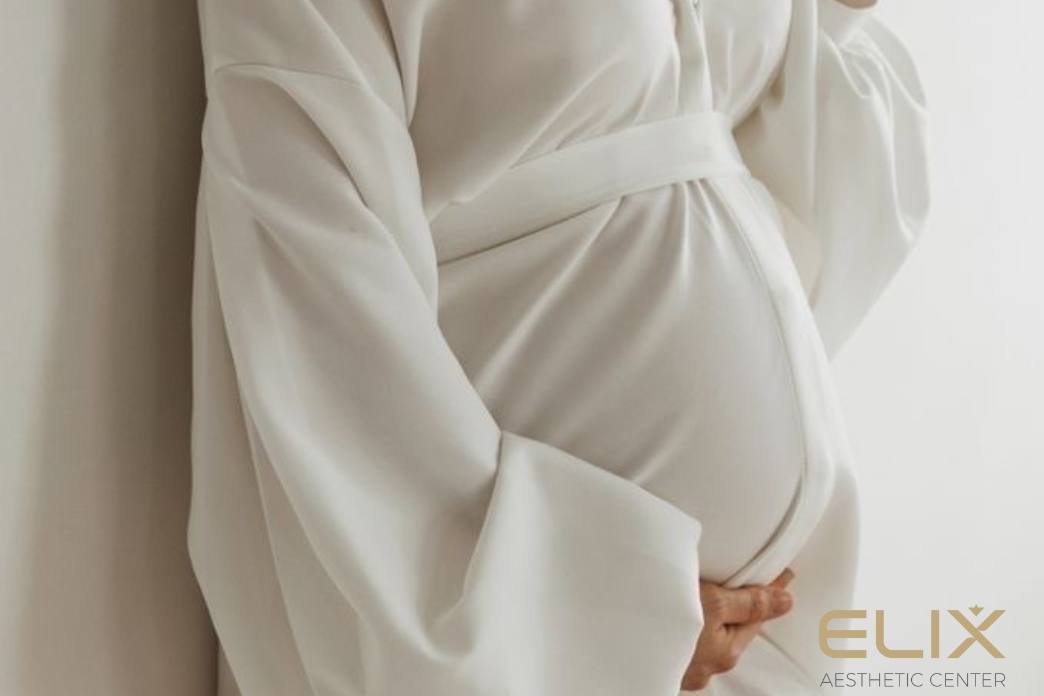
Dental treatment during pregnancy
There is an opinion that the treatment of toothache during pregnancy is unacceptable, because dental procedures can harm the child.
In practice, it is possible and even necessary to treat teeth during pregnancy. It is important to understand that a toothache is an unnecessary stress and anxiety for the mother, which can negatively affect the unborn child’s health. Moreover, neglecting oral cavity problems can cause complications that will be difficult to eliminate.
At what period of pregnancy can the treatment be performed?
Let's understand in more detail whether teeth are treated during pregnancy and what restrictions there may be. Dentists say that therapy depends on the period of pregnancy.
The first trimester
In the period from fecundation to 12 weeks, the placenta has not yet formed and the fetus does not have full protection. Moreover, 8-9 weeks are the most difficult because spontaneous miscarriages are common. Along with that, strong toxicosis can start in women. Also, the nervous system of the fetus begins to form in the first trimester, and stress should be minimal during this stage. Therefore, performing dental procedures in the first trimester is not recommended.
The second trimester
The period from the 13th to the 24th week is considered the safest for curing the teeth during pregnancy. The already formed placenta provides full protection.
It is the best time to cure dental problems.
The third trimester
From the 25th week until delivery, a woman's body is exhausted and weak. At the same time, hypersensitivity of the uterus to drugs is observed. In the third trimester, treatment is possible only if absolutely necessary and with the doctor's permission.
What is contraindicated during pregnancy?
There are a number of restrictions and procedures that should definitely not be performed during pregnancy, it includes:
This is a relatively complex and long-term intervention, which will require a lot of resources from the body, especially mineral elements, for the full restoration of the teeth.
The intervention implies the extraction of mineral elements from the enamel, which must also be restored with calcium. No professional dentist will agree to perform this procedure on pregnant women.
Tooth extraction during pregnancy
Dentists do not recommend removing a tooth during pregnancy. It is recommended to make every effort to delay the procedure as much as possible and to carry out after delivery. The only exception is removing a wisdom tooth during pregnancy if pulpitis, periodontitis, cyst or other invasive diseases are detected.
X-ray
This is indisputably dangerous procedure that poses a potential risk to the fetus and the mother. However, in acute situations, if necessary, the procedure is carried out using modern equipment and a special protective apron.
Anesthesia
Strangely, anesthesia is acceptable during pregnancy. However, only special drugs can be used for this, which cannot penetrate the placenta and harm the child, as they are free of adrenaline content.
Regardless of the problem, only a general dentist or dental therapist will be able to assess all the risks and make recommendations for each specific case.
It is important that all procedures are carried out in consultation with a gynecologist.


